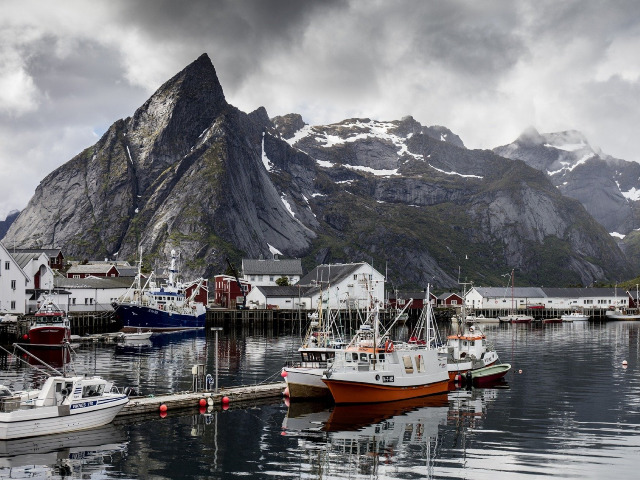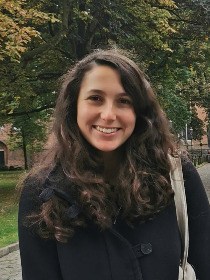Knowledges in the Arctic 1: Getting involved

During my Master's studies in International Relations, I started to learn about knowledge practices, and at the Arctic Centre I got involved in knowledge co-creation, the relationships between different types of knowledge, and the ways to be more inclusive. Usually, when I tell people about it, they tend to think about knowledge as a single unit, which is reinforced for example when you type down “knowledges” in plural and it shows a red underline indicating an error. However, throughout history, different knowledges have evolved, and some of these have been prioritized affecting others.
Currently, scientific knowledge, promoted by western academic and funding institutions, is arguably one of the most established types of knowledge. However, although scientific knowledge is very relevant, taking into consideration other types of knowledges and their methodologies can complement and benefit future knowledge creation and decision-making in complex topics, like those related to climate change. This was proven to me during my internship since I worked on a content analysis about co-creation as a research method with a trainee from the Saami Council. During this project, we got not only to discuss different perspectives but also to negotiate meanings and results to fit both our knowledges, which allowed us to compromise and provide a better analysis. In this sense, we were able to work on a co-creation-themed analysis by working in a co-creation-inspired style.
This might open the question: how many knowledges are there? And although there is no official number, there are certainly many different types of knowledge, like global, local, and traditional. These knowledges stem from ideologies, contexts, methods, and interests that have been developed during long periods of time, and thus they usually have different approaches and understandings. For example, global knowledge promotes countries to maintain the temperatures at most at 2 degrees over the preindustrial era levels. However, this global knowledge omits the fact that in some areas, like Norway’s Arctic, changes in the temperature are already higher by 2 or 3 degrees[1]. In other words, by focusing mostly on discourses of global knowledge, we might omit the issues, challenges, and possibilities of local nature and actors[2]. Hence, to understand the bigger picture and make better decisions, it is necessary to allow, include and work with different knowledges, like those stemming from centuries of living and thriving in the Arctic Region.
Literature
Fogel, C. (2004) The Local, the Global and the Kyoto Protocol. In: S. Jasanoff and M.L. Martello, eds. Earthly Politics: Local and Global In Environmental Governance, pp. 103–126. MIT Press. ISBN: 9780262101035
[1] See https://www.thelocal.no/20151222/northern-norway-to-become-six-degrees-warmer/
[2] See Fogel (2014, p.121)
Over de auteur

Francesca is a master student International Relations and International Organizations at the University of Groningen and an intern at the Arctic Centre.

